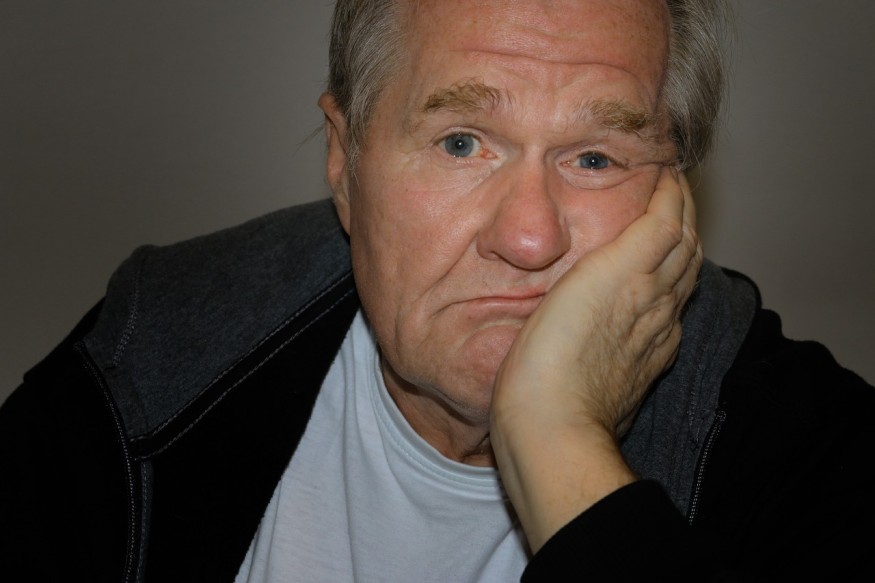Amidst the pandemic, people are self-isolating or isolated in their homes with very few people with them.

Such a state could become very tedious, or at worst, may reach a breaking point. Take it from those who are in the polar region or are in outer space. Isolation could be tough, which is why we need to keep in mind the things below:
1. Increase the immune response
Studies on the impact of loneliness show that individuals are more likely to recover from physical health issues because they neglect social ties. Older people who are reluctant to escape their homes because of reduced movement, for example, are more vulnerable to sickness such as heart failure. And studies have shown that polar research crews may suffer from immune system issues.
The good news is that the self-isolation time prescribed by coronavirus does not contribute to any major improvements in how your immune system functions. But it might be a smart idea to attempt to boost the immune system during self-isolation.
Exercise and consuming enough antioxidants can aid here (although they're not a solution). Psychologists often agree that the immune system will also be improved when listening to upbeat music or seeing a video.
2. Structuring your day
Self-isolation may also contribute to some minor difficulties with mental wellbeing for some persons. We know from individuals who have endured a winter at a polar research station that psychiatric issues are related to longer-term isolation and confinement.
One study showed that more than 60 percent recorded feeling stressed or nervous in crews over-wintering, and nearly 50 percent felt more irritable and had memory, sleeping, and concentration issues.
Obviously, self-isolation of the coronavirus may not be as extreme or as lengthy as with someone subjected to an Arctic winter, but the effect on emotional wellbeing may be even less extreme. But certain self-isolating persons may have difficulty sleeping (insomnia), feelings of restlessness or depression, or start feeling demotivated.
It is necessary to maintain a framework for your day in order to combat these issues. It will help you keep on plan and provide a fixed routine for mealtimes and a set bedtime. Planning tasks and establishing targets will also help keep you focused and discourage you from getting sad.
3. Stop conflict
In certain situations, with a limited number of people, whether relatives or acquaintances, persons will be self-isolating. This can restrict loneliness, but other difficulties, including the probability of arguments, may emerge. When we are trapped indoors with them for long enough, and those we value dearly will get on our nerves.
Cosmonaut Valentine Lebedev, who spent 211 days aboard the Mir space station, reported spending around 30 percent of his time in space grappling with disputes between crews. Polar test stations have also seen rises in group conflicts. So, seeking to reduce interpersonal tensions is a positive thing.
A study on conflict resolution during space flights has shown that exercise will mitigate the detrimental effects of isolation. More generally, by the production of endorphins, 20 minutes of exercise a day will also help boost the attitude as well as alleviate feelings of tension. But it might be time to dust off or add a fresh fitness app from the exercise DVD.
Another conflict-reducing technique is to take a long break from each other. It is a smart option to start at around a 15-minute break anytime you start worrying like a crisis will intensify. Sit back and let everybody cool down in different quarters. The explanation for the claim usually does not seem as relevant after 15 minutes.
Finally, it is crucial to note that you can pursue clinical support if you find that self-isolation has a really detrimental effect on your mental wellbeing.
Check out more news and information on COVID-19 and Psychology in Science Times.
© 2026 ScienceTimes.com All rights reserved. Do not reproduce without permission. The window to the world of Science Times.











